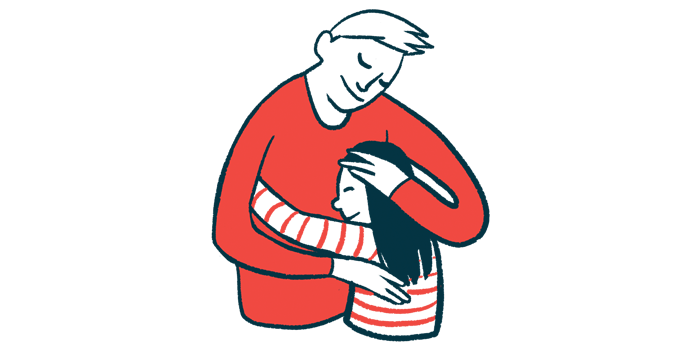Emotional and behavioral difficulties are key indicators of Angelman syndrome (AS) that significantly impact the quality of life in affected children, according to a study in the Netherlands.
The study highlights that these challenges, along with sleep disturbances in children, play a major role in affecting parental caregivers’ personal time, anxiety, and stress levels.
Researchers suggest that interventions to improve quality of life and reduce parental stress should focus on addressing these issues through a family-centered approach.
Published in the Journal of Intellectual Disability Research, the study titled “Investigating the impact of AS symptoms on patient, parent life quality” delves into the effects of this rare neurodevelopmental disorder caused by reduced activity of the maternally-inherited UBE3A gene crucial for brain function.
While Angelman syndrome can result from various genetic anomalies, the most common cause involves the deletion of a DNA segment containing the UBE3A gene, often associated with a severe form of the syndrome.
Individuals with Angelman syndrome experience a range of challenges including developmental delays, speech impairments, movement disorders, seizures, sleep issues, and behavioral problems.
The cumulative impact of these symptoms, coupled with the loss of independence, significantly affects the health-related quality of life (HRQoL) of those affected.
Contrary to initial interpretations associating smiling and laughter with high life satisfaction in Angelman syndrome patients, subsequent studies reveal a reduced quality of life in adolescents and adults.
The management of Angelman syndrome symptoms can also greatly impact parents, leading to heightened stress levels.
However, there is limited understanding of how Angelman syndrome specifically influences the quality of life for pediatric patients and their parents, and which aspects of the condition have the most significant impact.
To address this gap, researchers in Rotterdam analyzed clinical data and quality of life information from children with Angelman syndrome and their parents seen at the researchers’ outpatient clinic.
The study included 73 children with Angelman syndrome, with an average chronological age of 9.1 years but a mean cognitive developmental age of 16 months. Most children (60%) had a deletion in the maternal UBE3A gene.
Compared to typically developing children, those with Angelman syndrome reported higher rates of sleep problems, emotional challenges, and behavioral issues.
The study assessed patients’ quality of life and its impact on parents using the Infant and Toddler Quality of Life Questionnaire and the Parenting Stress Index, respectively.
Results showed that patients’ HRQoL ranged from “exceptionally low” to “low average” compared to healthy children.
Emotional and behavioral challenges were identified as the primary predictors of reduced quality of life in children with Angelman syndrome, particularly internalizing issues like anxiety or depression.
Factors such as older age and the presence of the maternal UBE3A gene deletion were also linked to diminished quality of life.
Parents were significantly affected by their children’s condition, with Angelman syndrome’s impact on parents rated as “exceptionally high,” and parental stress levels as “above average.”
Sleep disturbances in children were the main predictor of the impact of Angelman syndrome on parents, with higher frequency of sleep issues correlating with a greater impact.
Emotional and behavioral challenges in children were the primary predictors of parental stress, with higher incidence of these issues associated with increased parenting stress.
Clinical factors like cognitive development, autism related to the disease, and seizures did not show significant associations with quality of life, impact on parents, or parental stress levels.
The researchers emphasized the importance of integrating quality of life assessments and parental stress evaluations into clinical practice and future research.
Interventions should take a comprehensive approach targeting both the child and the parents to address behavior problems and parenting stress effectively.
The study acknowledged the need for more disease-specific metrics in future research to gain deeper insights into Angelman syndrome.
Insights from these evaluations can guide the development of interventions to enhance the quality of life for patients and caregivers impacted by Angelman syndrome.
